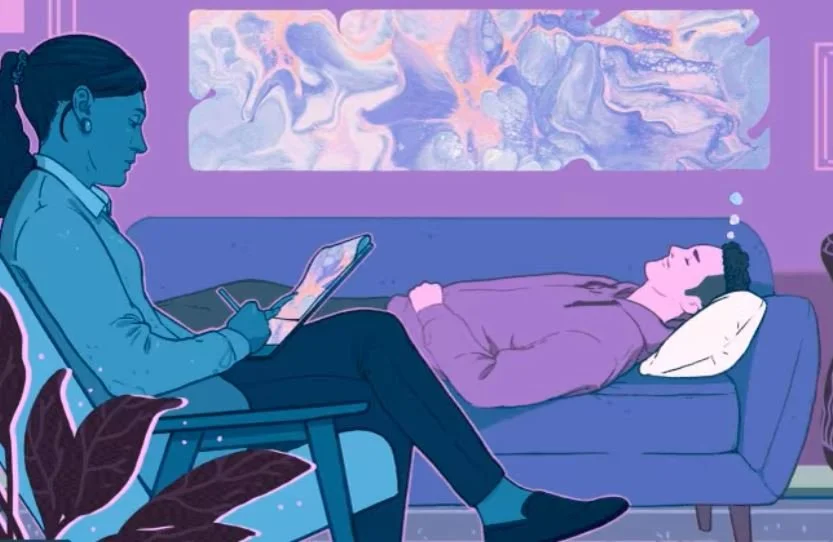What is ketamine? by Dr. Jack Van Bezooyen
/What is ketamine? by Dr. Jack Van Bezooyen
The Mind Therapy Clinic has been receiving a lot of questions related to the use of ketamine for the treatment of depression, anxiety, trauma-related disorders, and substance use disorder over the last few months. The following information answers some of the most common questions related to ketamine including what the medication can help with, what to expect from the experience, and the different ways in which it is used.
Read More


















